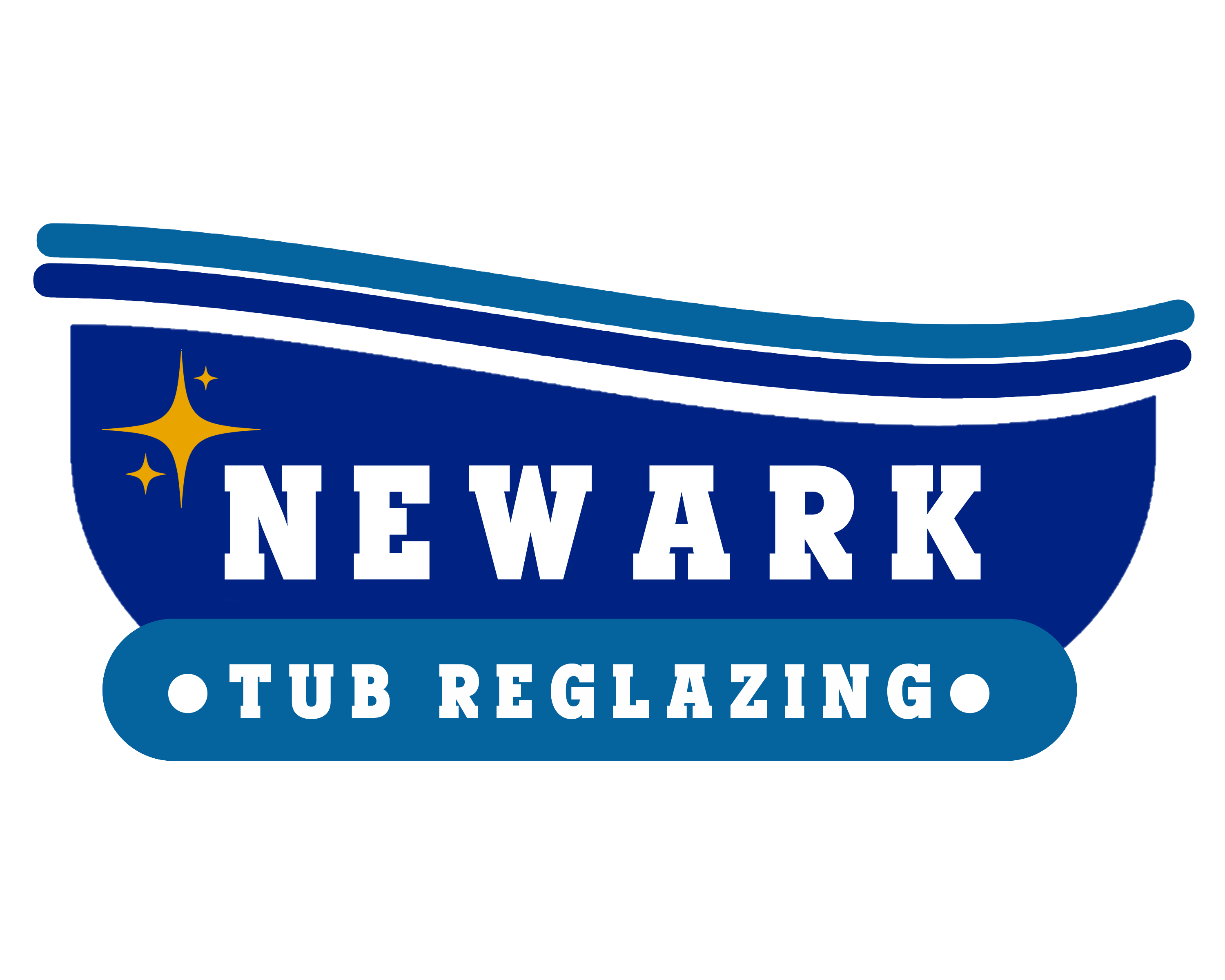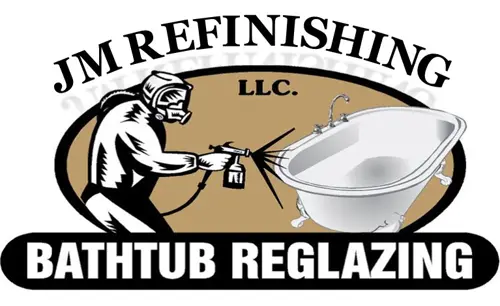Mission
Greater Newark Conservancy supports community engagement at the nexus of racial, food, and environmental justice to improve the health and happiness of Newark citizens. Their initiatives aim to promote social determinants of health by increasing access to green places, wholesome food, wellness education, and youth development to rectify the long history of systematic racism. Check it out.
They envisage a green, resilient, sustainable, and healthy urban environment for living, working, and leisure in Newark and the neighboring areas, with fair access to wholesome food.
Discover something new.
The Greater Newark Conservancy provides interactive, inquiry-based activities with an environmental emphasis. The Conservancy’s qualified staff is a collaborator in your pupils’ education.
Join us as a volunteer.
Go outside and enjoy nature by visiting their urban farm or outdoor learning center! The goals and everyday operations of the Greater Newark Conservancy heavily rely on volunteers. Volunteers may be either one individual or a group.
Programs
The Greater Newark Conservancy provides interactive, inquiry-based activities with an environmental emphasis. The Conservancy’s qualified staff is a collaborator in your pupils’ education.
Their initiatives improve students’ interest in, understanding of, and recall of essential ideas throughout their school’s curriculum. They will work with you to suit the requirements of your school, whether you visit the Conservancy’s Judith L. Shipley Urban Environmental Center, at one of their urban farms, or plan one of their Reverse Field Trips to come to your classroom.
All Conservancy Education Programs:
- They are designed with kids’ mental growth in mind, adhere to the Common Core and Next Generation Science Standards, and utilize
- Using the environment as an integrated backdrop for multidisciplinary learning, maybe
- modified to fit specific needs, and, unless otherwise specified, takes place rain or shine.
Nutrition Programs
A healthy diet includes wholesome meals, wholesome products, and wholesome choices.
Finding out what to do is not always easy. Where to eat, where to get fresh, healthy products, or
How to make quick, easy modifications to enhance your diet.
Their dietary programs may be helpful in this situation. They are pleased to provide instruction to children, their parents, grandparents, and anybody who wants to learn how to “eat to live” instead of “live to eat.” By researching different foods and recipes with a range of health advantages and providing their pupils with valuable tools (like their “Health in the City” video; check below for more information! ), they seek to enhance their overall health and welfare community. They are eating healthily to feel good! Feel well by eating healthy!
The Healthy Seniors Program
The Grotta Fund for Senior Care financed the start of the Healthy Seniors Program as a test project for one older adult in 2016 housing in Newark. A generous donation from the Healthcare Foundation allowed the program to be extended to two additional senior facilities in Newark due to its outstanding performance since that time. The second year of the initiative has begun. And consists of pop-up farm stalls, monthly cooking classes in the Conservancy’s Teaching Kitchen, and monthly nutrition clinics and produce bag delivery at each location. The seniors participate in extracurricular activities, including potluck dinners and healthy cooking competitions.
Family Fun in the Kitchen
Learn new quick, wholesome, and tasty recipes you can prepare with kids by reading Family Fun in the Kitchen! Cooking together can strengthen your relationship with your kids and give you something to look forward to! Flatbread pizza, black bean tacos, zoodles, hoppin’ John, smoothies, and more have all been featured in recipes!
Healthy Eating Program
The Healthy Eating Program is offered in schools and targets 4th through 8th graders, a crucial period when children start making their own food decisions. The interactive curriculum covers the fundamentals of nutrition, the critical ability to read nutrition data labels (something most adults don’t do! ), how much sugar is in soda, how to reflect on food choices by keeping a food diary, and more. Your kids’ attitudes about food will be altered by this program, which will also motivate them to take charge of their health.
Newark Youth Leadership Project
The Newark Youth Leadership Project (NLP) has been running for 20 years and has seen hundreds of young people graduate and succeed. Their year-round training program supports high school students developing their interpersonal, leadership, and communication skills via mentoring and exposure to outdoor and horticultural activities. By enhancing their technical skills, preparing them for college, and introducing them to the outdoors, they empower and improve the lives of their interns.
Interns can work in various areas over the 6-week summer program. The interns get specialized training and practical environmental education from their horticulture departments, urban farming, environmental education, and youth farm stand.
What they have accomplished inside the program has inspired and motivated educators, mentors, and interns. The pupils benefit significantly from their educational enrichment days. Throughout the summer program, experts and lecturers provide weekly courses on public speaking, nutrition, and financial literacy. The teachings are applied in the pupils’ everyday life, and they are astounded by what they learn. The relationship with their interns continues as they recruit several of interns to work with them throughout the academic year after the summer.
They continue to care about young people beyond high school, too. College Mentors help interns over the summer, many of whom have previously taken part in NLP. Mentors develop their talents by taking on leadership roles and setting an example for high school students.
Urban Agriculture
To address Newark’s lack of high-quality preserved open space, the Community Greening Program collaborates with locals, community groups, and the City of Newark to improve neighborhoods with street trees, gardens, landscaped recreation centers, and urban farms producing fresh produce.
The Conservancy’s greening initiatives not only improve the appearance of urban areas but also give locals the ability to reclaim their streets and participate in community problems that impact their quality of life.
Environmental Justice and Advocacy
Ecological justice environmental equity. Racism in the background All three words refer to the belief that poor and minority populations are more exposed to environmental contamination than other communities.
The Greater Newark Conservancy thinks that no group, regardless of race, color, or national origin, should be forced to shoulder an unfairly large percentage of the costs and reap a disproportionately small number of the benefits of being close to industrial facilities. These communities haven’t historically had the authority or chance to influence the environmental choices that impact their community. The Conservancy addresses this by educating the public and encouraging participation in activities that might affect their environment and health.
Meetings addressing the Newark water issue, climate change, and lead awareness initiatives have all recently been held. More information.
Please check their website or contact them at (973) 642-4646 for more details.

